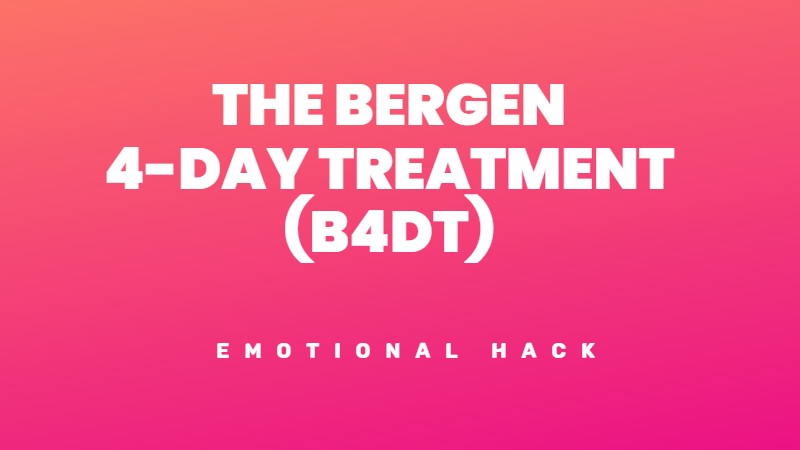How distractions can lead to overindulgence
Do you often snack more after a distracted meal? A new study suggests that distractions during enjoyable activities can diminish satisfaction and lead to overcompensation. This “hedonic compensation” phenomenon may extend beyond food consumption.
The study
Researchers conducted experiments to investigate the effects of distraction on hedonic consumption, which involves buying and using products for pleasure rather than necessity. In one experiment, participants were asked to rate their expected enjoyment of lunch and then eat under different levels of distraction: none, moderate (watching a video), and high (playing Tetris). Those who ate while distracted reported lower enjoyment and satisfaction, which was linked to increased snacking later and a desire for further gratification.
The researchers believe this effect likely applies to other activities as well. A week-long study involving 220 participants found that distraction during consumption led to diminished enjoyment, less satisfaction, and an elevated need for further gratification across various products.
Why we overindulge
Lead author Stephen Lee Murphy, PhD, suggests overconsumption often results from a lack of self-control. However, the study’s findings indicate that it may also be driven by the human desire to reach a certain level of enjoyment from an activity. When distraction interferes, people may try to compensate by consuming more.
Future research and interventions
The researchers plan to conduct further studies to confirm the existence of the hedonic compensation effect. If additional research supports their findings, they aim to develop interventions encouraging people to pay more attention to their consumption experiences, potentially reducing the likelihood of overconsumption.
Conclusión
This study sheds light on how distractions can impact our enjoyment of pleasurable activities and lead to overindulgence. By focusing on the experience and minimizing distractions, we may be able to savour our food, entertainment and other hedonic pursuits more fully, potentially reducing the desire to overcompensate through excess consumption.




Deja tu opinión sobre esto